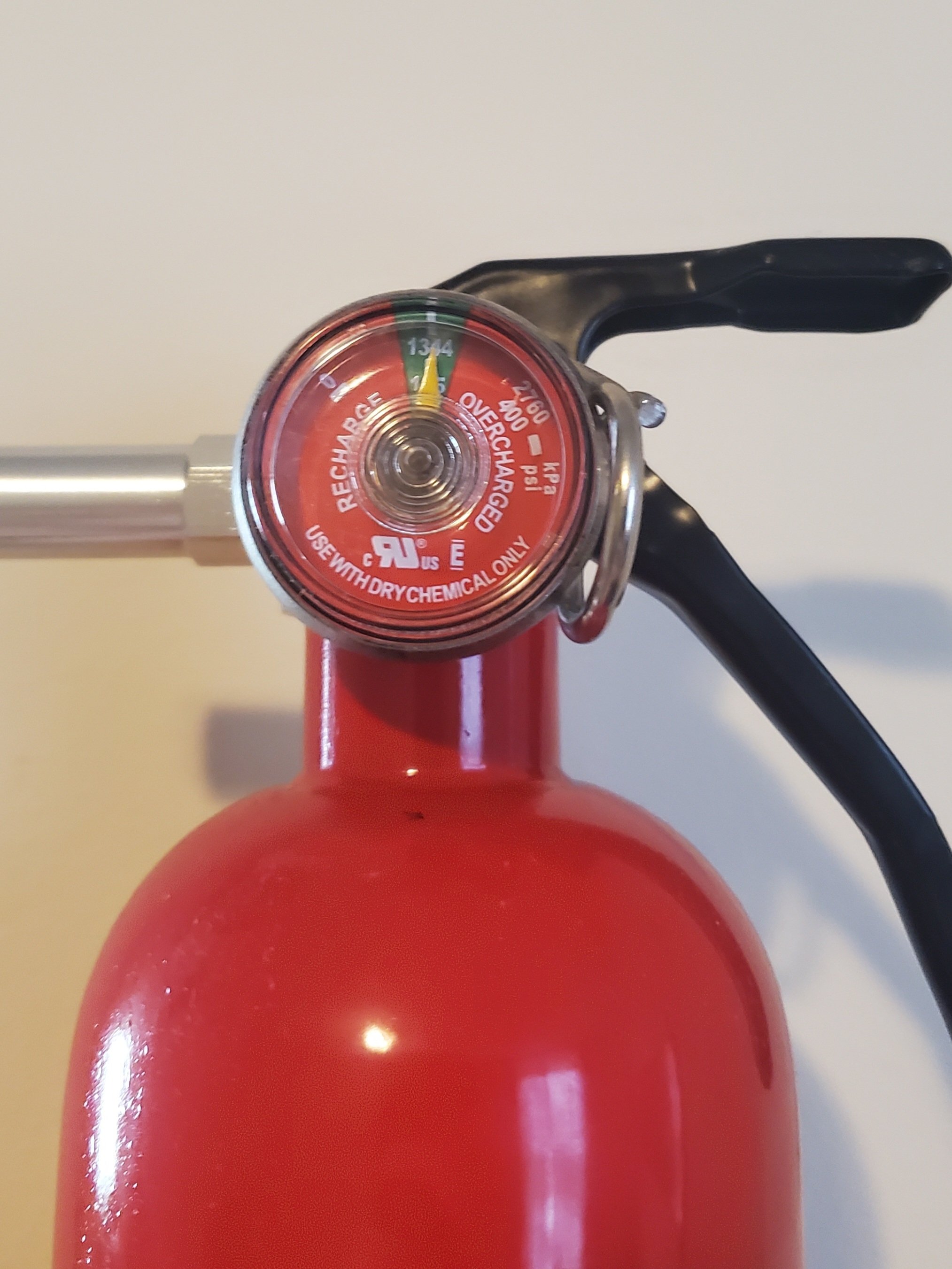Ask Lemmy
A Fediverse community for open-ended, thought provoking questions
Rules: (interactive)
1) Be nice and; have fun
Doxxing, trolling, sealioning, racism, and toxicity are not welcomed in AskLemmy. Remember what your mother said: if you can't say something nice, don't say anything at all. In addition, the site-wide Lemmy.world terms of service also apply here. Please familiarize yourself with them
2) All posts must end with a '?'
This is sort of like Jeopardy. Please phrase all post titles in the form of a proper question ending with ?
3) No spam
Please do not flood the community with nonsense. Actual suspected spammers will be banned on site. No astroturfing.
4) NSFW is okay, within reason
Just remember to tag posts with either a content warning or a [NSFW] tag. Overtly sexual posts are not allowed, please direct them to either !asklemmyafterdark@lemmy.world or !asklemmynsfw@lemmynsfw.com.
NSFW comments should be restricted to posts tagged [NSFW].
5) This is not a support community.
It is not a place for 'how do I?', type questions.
If you have any questions regarding the site itself or would like to report a community, please direct them to Lemmy.world Support or email info@lemmy.world. For other questions check our partnered communities list, or use the search function.
6) No US Politics.
Please don't post about current US Politics. If you need to do this, try !politicaldiscussion@lemmy.world or !askusa@discuss.online
Reminder: The terms of service apply here too.
Partnered Communities:
Logo design credit goes to: tubbadu
view the rest of the comments

Those years of safety training finally paying off:
Do you know what types of fires your fire extinguisher is rated for? There are several different types. Most modern home fire extinguishers are rated for A (wood/paper), B (liquids like oil fires), and C (electrical), but you may have an older fire extinguisher or landlord who cheaped out on one that only works on some of those types.
If you have a fire that's based on metals (like fireworks) or exothermic chemical reactions, have a different fire extinguisher or call the fire department with special instructions.
Always remember the acronym PASS when using a fire extinguisher:
It ought to go without saying, but maybe not for some, so it's worth pointing out that there's a difference between a fire started by fireworks and one fueled by fireworks.
Great point! So if you have a firework that sparks some dry grass or brush, your home fire extinguisher will likely be fine as long as the fire doesn't get too big before you can grab it.
However, if you have a hoard of fireworks that catch fire, you're better off running and calling the fire department than trying to quickly put that out with your home fire extinguisher as it likely won't work.
My extensive training has left me with the impression that yelling "SHORT BURST" and pointing at any red LEDs is equally important